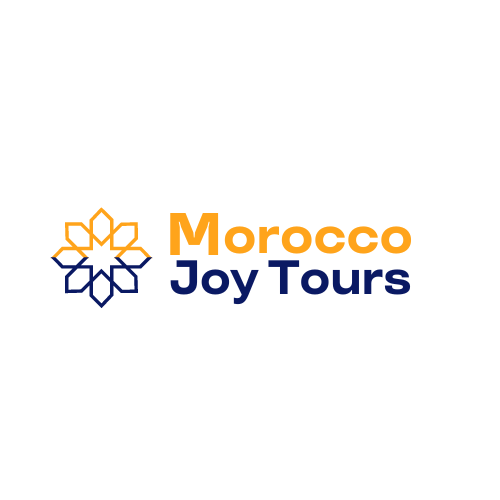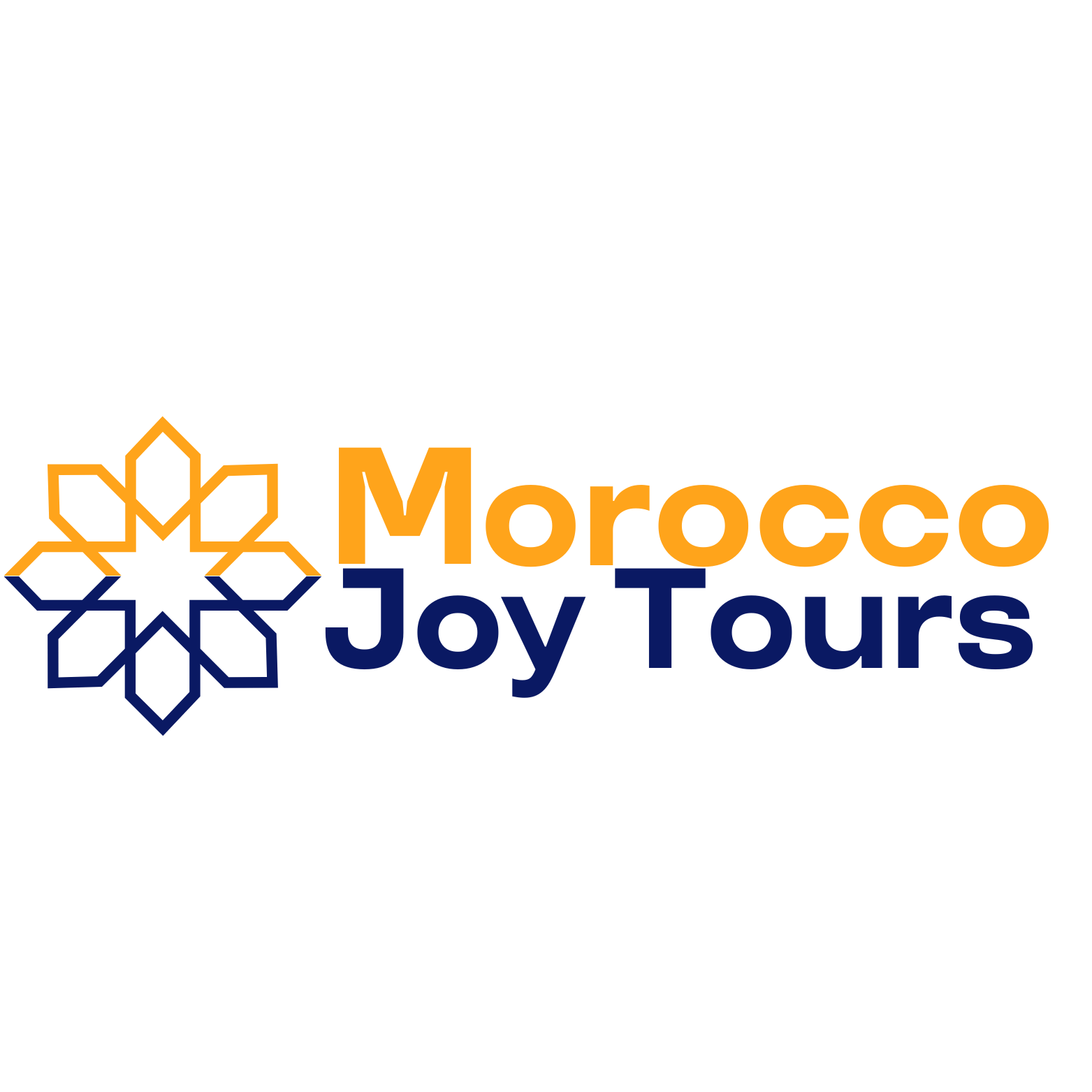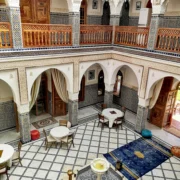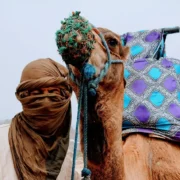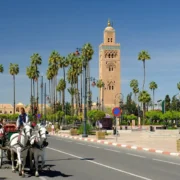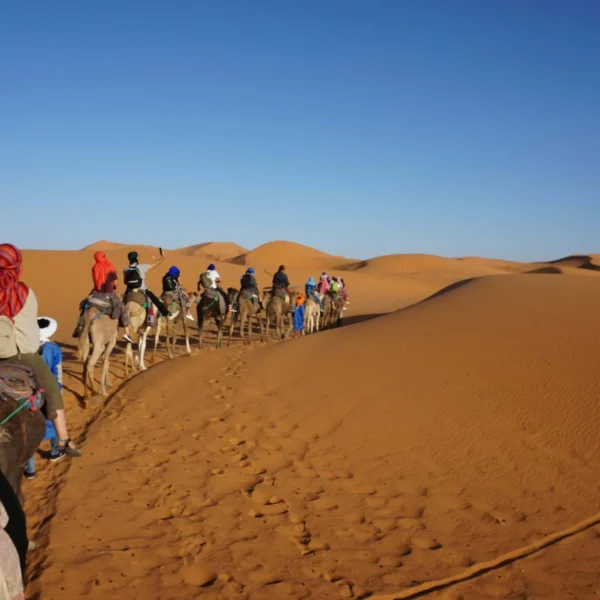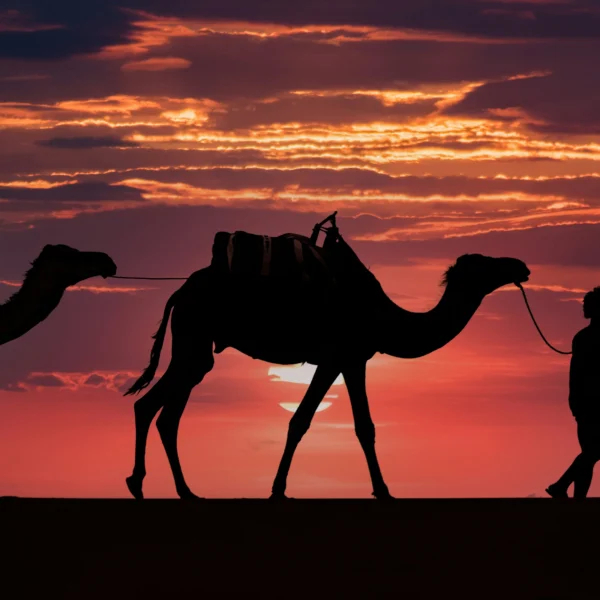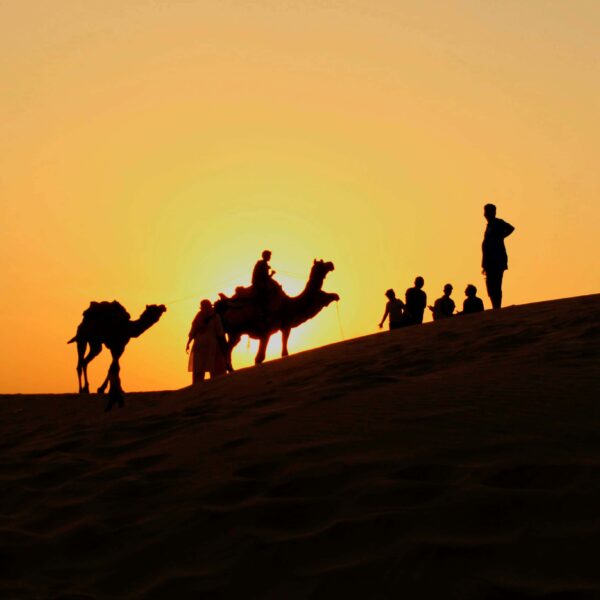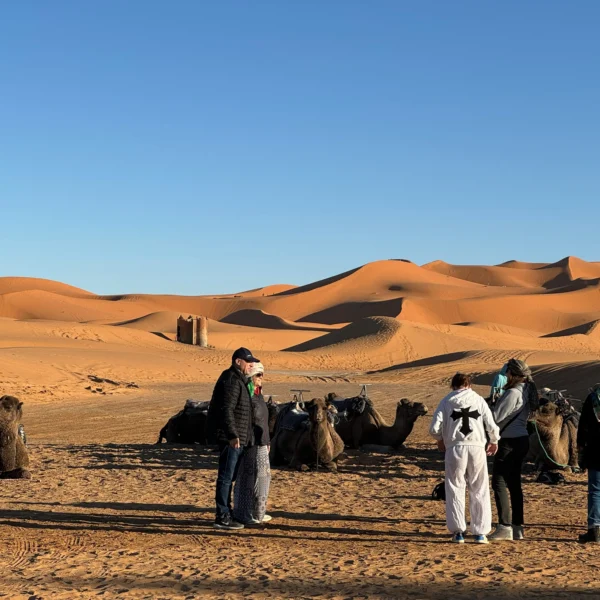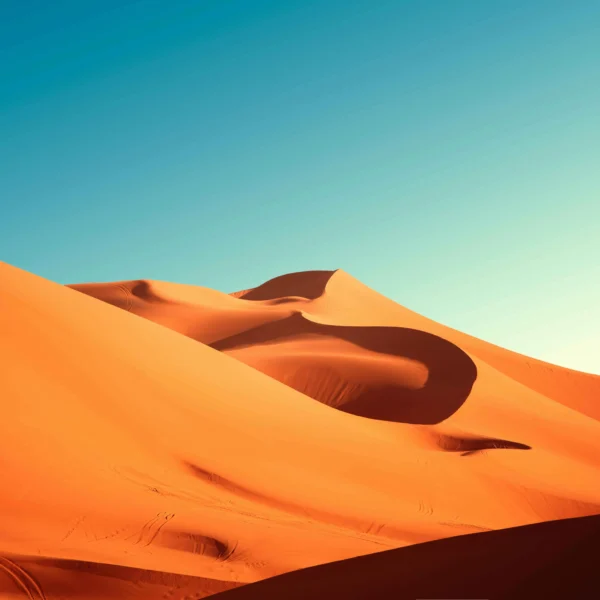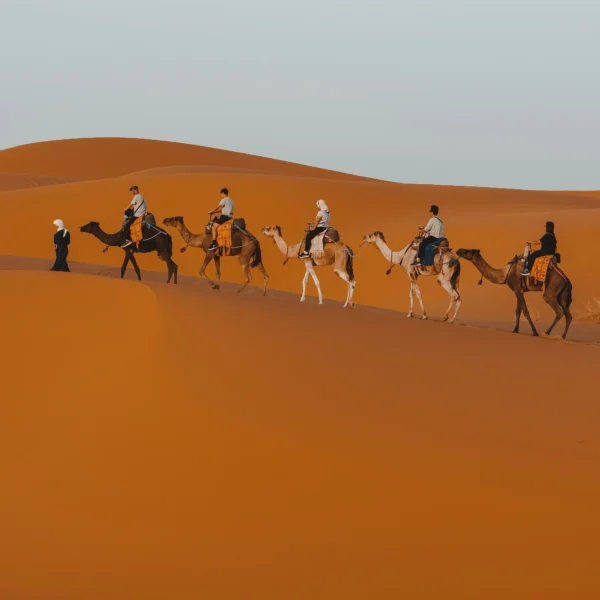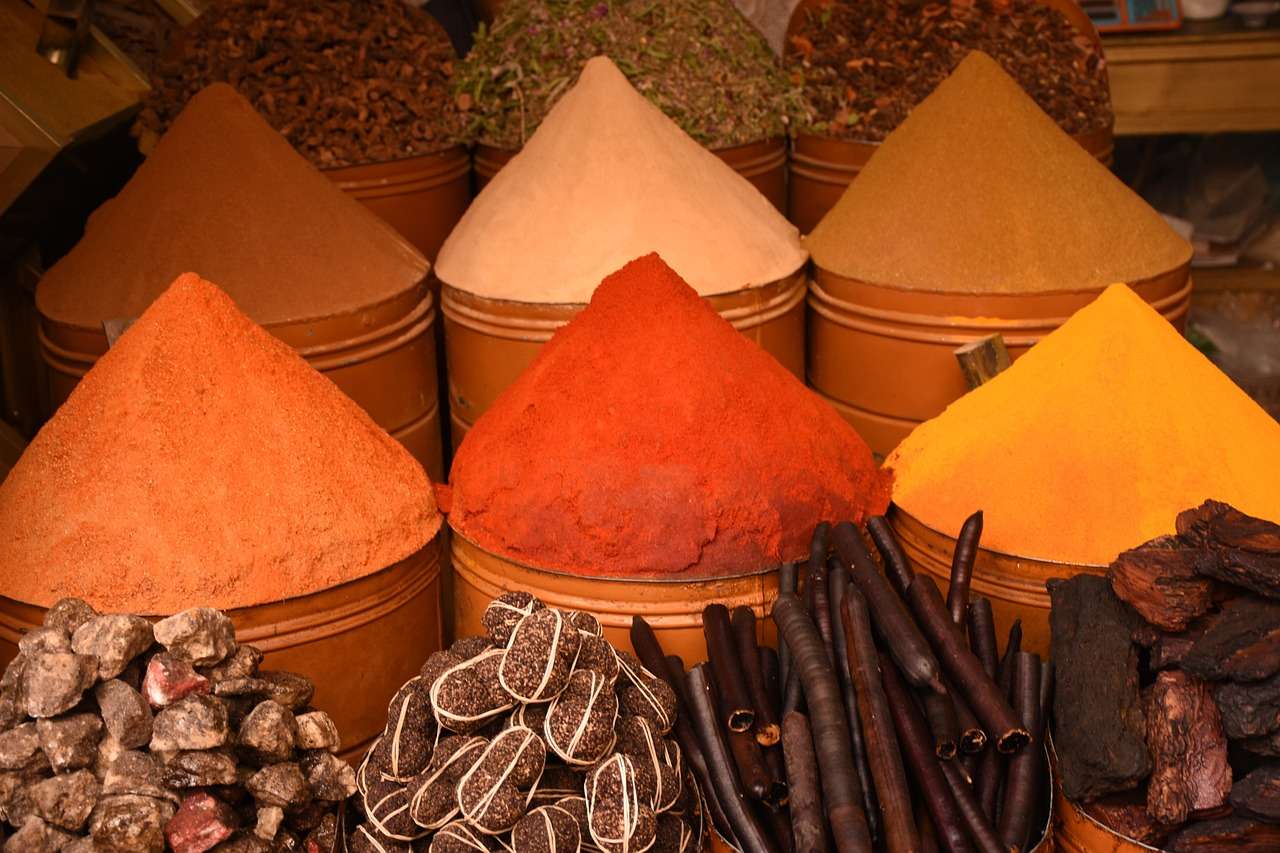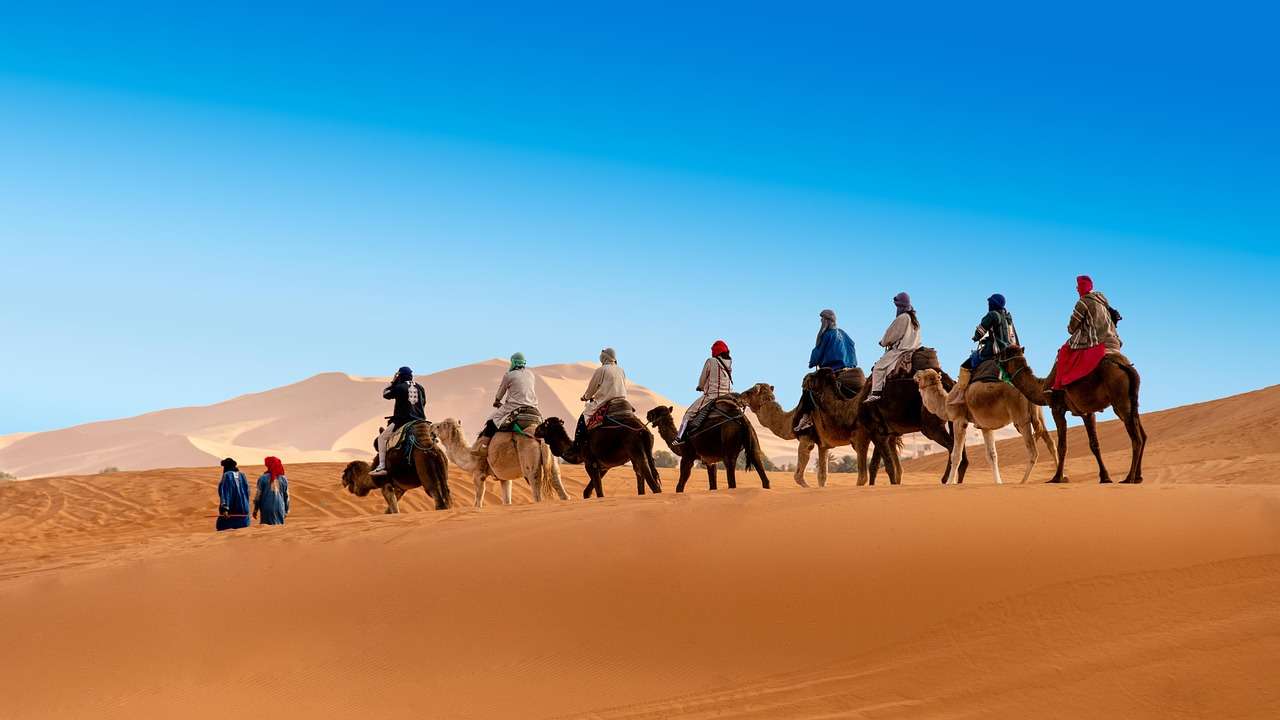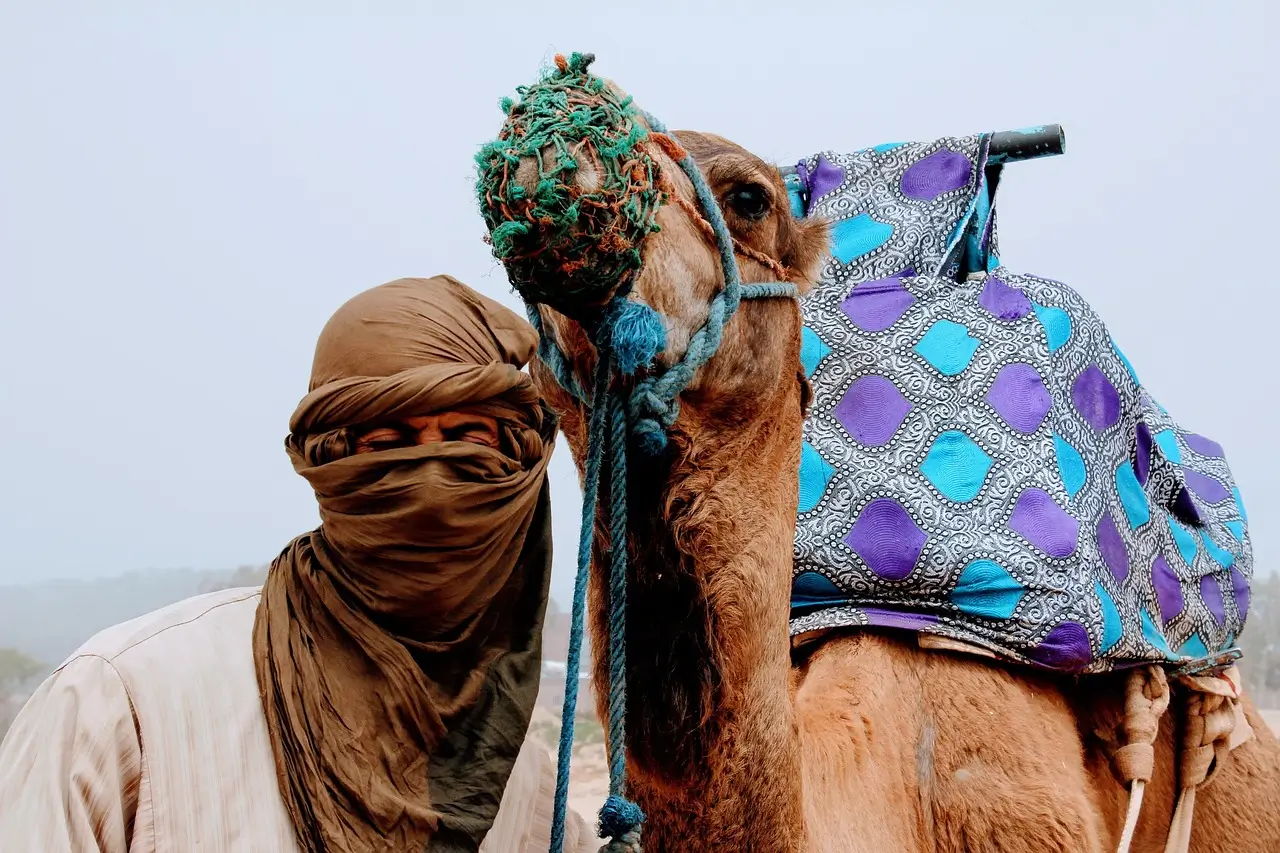
Morocco Language Guide: Everything Travelers Need to Know Before Visiting
Table of Contents
ToggleHave you ever wondered what languages you’ll encounter when you step off the plane in Morocco? I’ll never forget my first morning in Marrakech when I stumbled into a bustling café, eager for my first taste of authentic mint tea. The conversation swirled around me like a beautiful, incomprehensible symphony—Arabic flowing into French, then switching to what I later learned was Berber, with the occasional English phrase tossed in for good measure. That moment perfectly captured Morocco’s incredible linguistic diversity, and understanding the Morocco language landscape became one of the most enriching parts of my journey.
Whether you’re planning your first adventure to this North African gem or you’re a seasoned traveler looking to deepen your cultural understanding, navigating Morocco’s languages doesn’t have to be intimidating. In fact, it’s one of the most fascinating aspects of Moroccan culture that will enhance every interaction, from bargaining in the souks to sharing stories with nomadic families in the Sahara.
Official Languages of Morocco: Arabic and Berber (Amazigh)
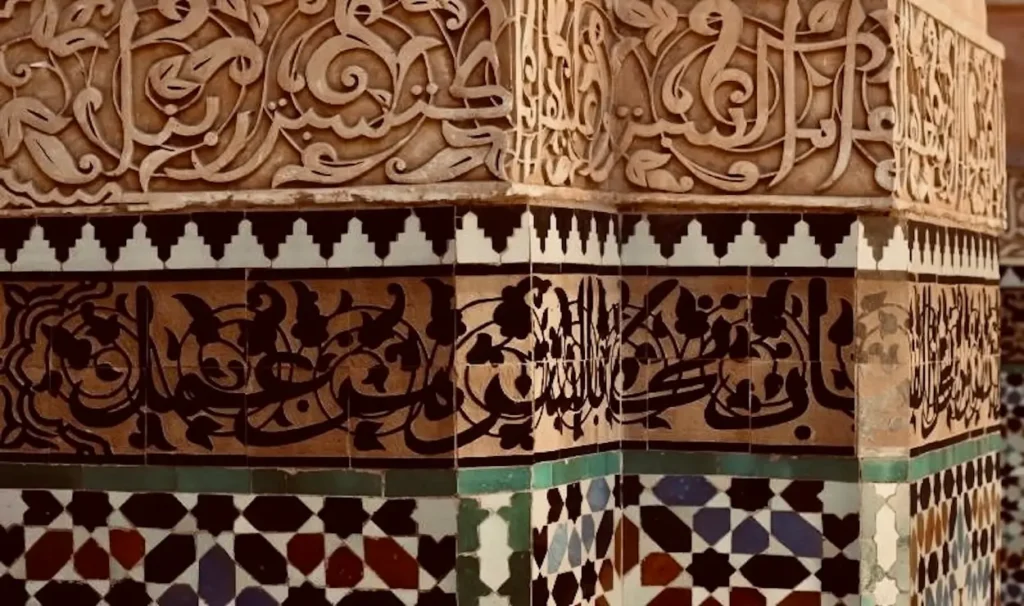
Morocco officially recognizes two languages: Arabic and Berber (also known as Amazigh). This dual recognition reflects the country’s rich cultural heritage, where Arab and Berber civilizations have intertwined for over a millennium.
Modern Standard Arabic: The Formal Language
Modern Standard Arabic serves as the formal language of government, education, and official communications. You’ll see it on street signs, government buildings, and in newspapers throughout the country. However, here’s what surprised me during my travels—locals rarely speak Modern Standard Arabic in everyday conversations.
Think of it like formal English versus casual conversation. While it’s the “proper” language taught in schools, it’s not what you’ll hear in the medinas or mountain villages. Most Moroccans understand it, but they reserve it for formal occasions, much like how we might switch to more formal speech during a job interview.
Moroccan Arabic (Darija): The Street Language
Moroccan Arabic, or Darija, is where the real magic happens. This is the language that pulses through Morocco’s veins—the animated conversations echoing through narrow alleyways, the friendly banter between shopkeepers and customers, the laughter shared over steaming tagines.
Darija differs significantly from other Arabic dialects. It’s been influenced by Berber languages, French, Spanish, and even some Portuguese words from centuries of cultural exchange. When I first heard it, I was amazed by how melodic and expressive it sounded, quite different from the Arabic I’d encountered in other Middle Eastern countries.
“Darija is like a linguistic melting pot—it tells the story of Morocco’s history through every borrowed word and evolved phrase.” — Local linguistics professor in Fez
Berber Languages: Ancient Voices of North Africa
The Berber languages, collectively known as Amazigh, represent Morocco’s indigenous linguistic heritage. These languages existed long before Arabic arrived with the Islamic conquests, and they’ve survived as vibrant, living languages spoken by millions of Moroccans today.
There are three main Berber language groups in Morocco:
- Tarifit (spoken in the Rif Mountains)
- Tamazight (Central Atlas Mountains)
- Tashelhit (Anti-Atlas and Souss regions)
During my trek through the Atlas Mountains, I encountered Berber-speaking communities where the ancient rhythms of these languages created an almost mystical atmosphere. The way elders shared stories around the fire, their words carrying centuries of oral tradition, was genuinely moving.
French: The Colonial Legacy Language
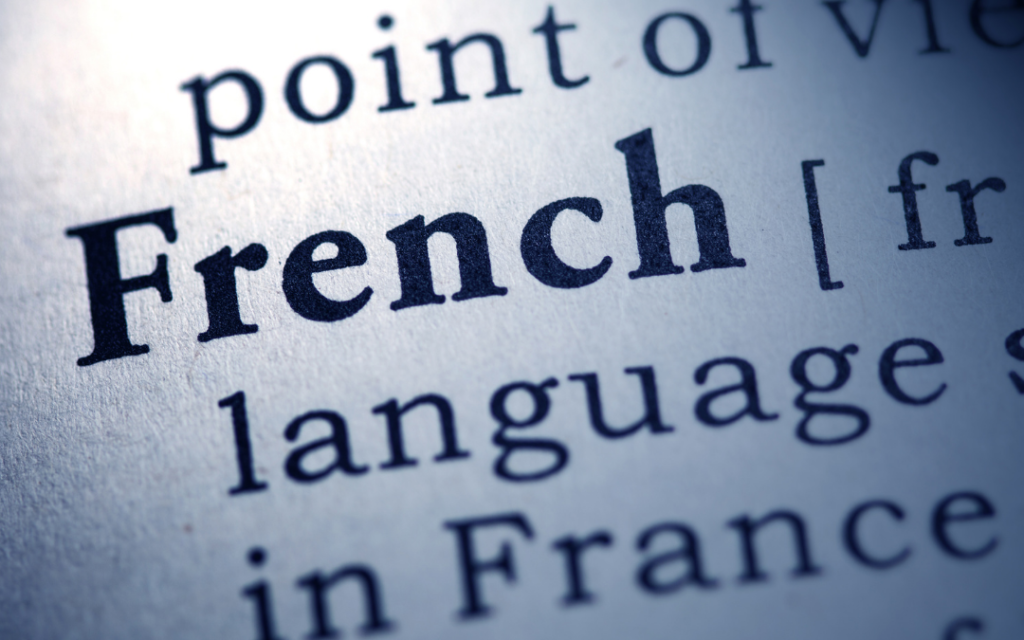
French maintains a strong presence in Morocco, a legacy of the French Protectorate period (1912-1956). But don’t think of it as merely a colonial remnant—French has evolved into an integral part of modern Moroccan life.
Where French is Commonly Spoken
You’ll find French particularly useful in:
- Business districts in major cities like Casablanca and Rabat
- Tourist areas throughout the country
- Educational institutions (many subjects are taught in French)
- Government offices and administrative buildings
- Upscale restaurants and hotels
Business and Tourism Applications
For travelers, French can be incredibly helpful. Many tour guides speak excellent French, and it’s often the common language between international visitors and locals who work in tourism. When I was exploring the best places to visit in Morocco, French proved invaluable for getting detailed explanations about historical sites and cultural practices.
Pro Tip: Even basic French phrases like “Bonjour” (hello), “Merci” (thank you), and “Combien?” (how much?) can dramatically improve your interactions with locals, especially in tourist areas.
Spanish Influence in Northern Morocco
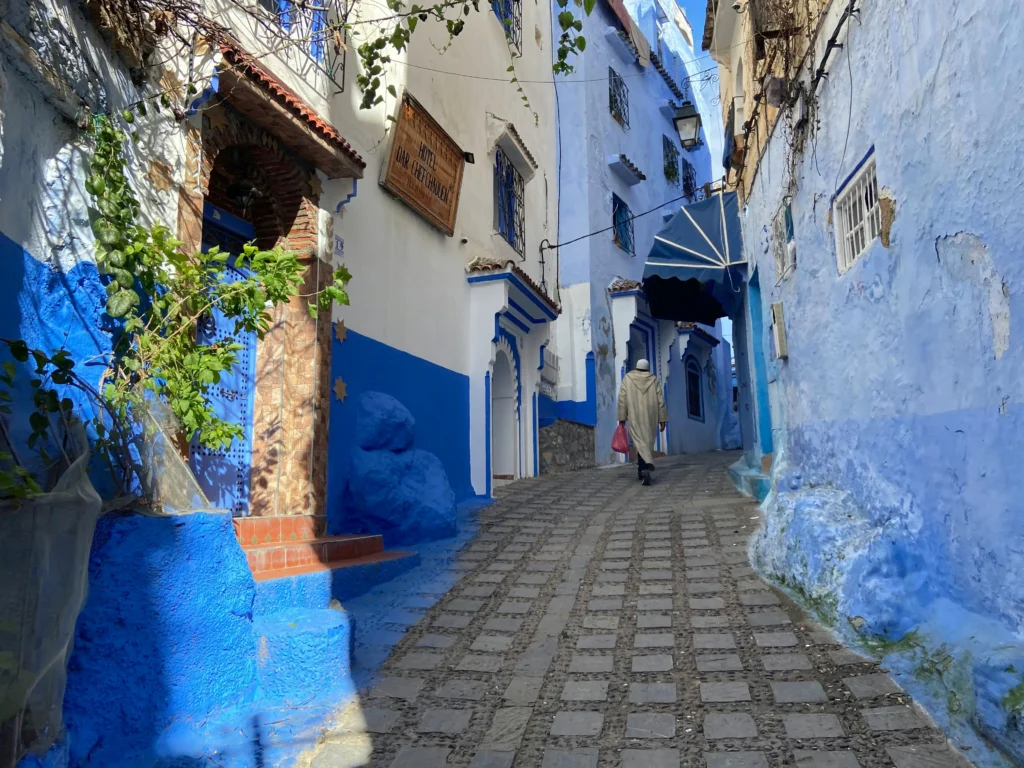
The northern regions of Morocco, particularly around Tetouan and the Spanish enclaves of Ceuta and Melilla, maintain strong Spanish linguistic influences. This reflects the historical Spanish presence in northern Morocco.
If you’re planning to explore the charming blue city of Chefchaouen or the beautiful beaches near Tetouan, you’ll find that many locals speak Spanish alongside Arabic and Berber. The Spanish influence adds another layer to Morocco’s linguistic tapestry, creating unique opportunities for Spanish-speaking travelers to connect with local communities.
English: Growing Popularity Among Younger Generations
English is rapidly gaining ground in Morocco, especially among young people and those working in tourism. During my recent visits, I’ve noticed a remarkable increase in English proficiency, particularly in major tourist destinations.
The younger generation is embracing English as a gateway to global opportunities. In cities like Marrakech and Casablanca, you’ll find many young Moroccans eager to practice their English with foreign visitors. This creates wonderful opportunities for cultural exchange and authentic conversations.
Many professionals involved in Morocco tours now speak excellent English, making travel experiences more accessible for English-speaking visitors.
Essential Moroccan Phrases for Travelers
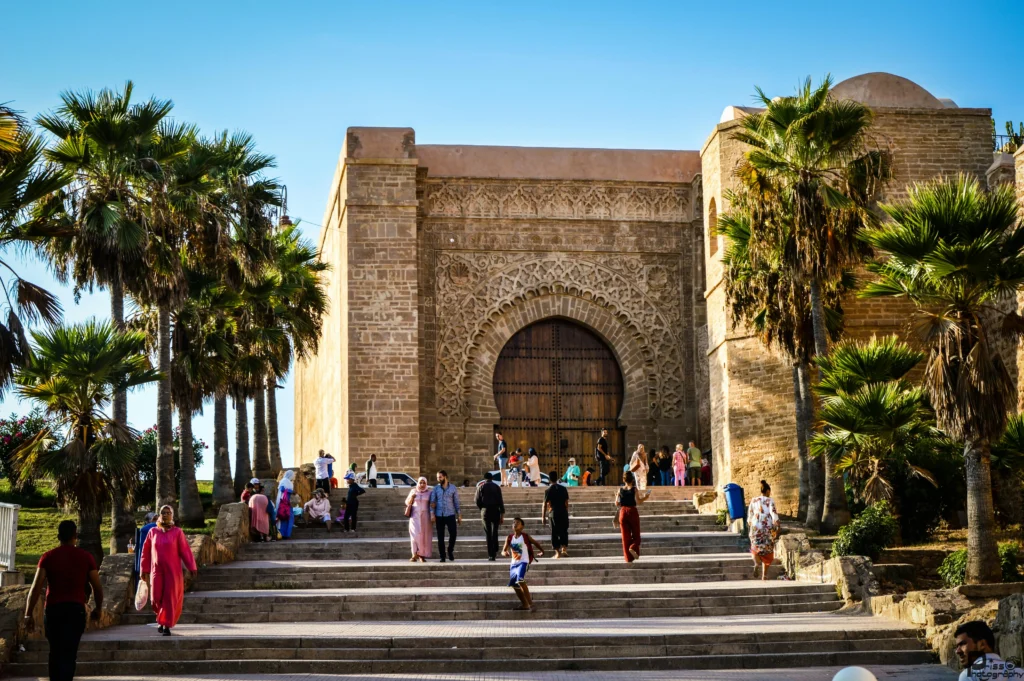
Let me share some key phrases that transformed my Moroccan adventures. These aren’t just words—they’re keys that unlock warm smiles and genuine connections.
Basic Greetings and Courtesies
| Arabic (Darija) | English | Pronunciation |
|---|---|---|
| As-salāmu ʿalaykum | Peace be upon you (formal greeting) | As-sa-LA-mu a-LAY-kum |
| Ahlan wa sahlan | Welcome | AH-lan wa SAH-lan |
| Shukran | Thank you | SHOOK-ran |
| Afwan | You’re welcome | AF-wan |
| Marhaba | Hello (informal) | MAR-ha-ba |
Navigation and Transportation Phrases
- “Fīn ghadi?” (Where are you going?) – Useful for taxi drivers
- “Bghīt nmshī l…” (I want to go to…) – Essential for getting around
- “Qrīb?” (Is it close?) – Perfect for walking directions
- “Wash kayn tobis?” (Is there a bus?) – For public transportation
Shopping and Bargaining Expressions
The art of bargaining is deeply embedded in Moroccan culture, and knowing a few key phrases can make the experience much more enjoyable:
- “Bshhal hada?” (How much is this?) – Your opening question
- “Ghali bzaf!” (Too expensive!) – Essential for negotiations
- “Akhir kelma?” (Final price?) – To conclude bargaining
- “Wakha, khud” (Okay, take it) – When you agree on a price
Emergency and Safety Phrases
- “Afāk, āwinnī” (Please, help me) – For seeking assistance
- “Fīn l-spītār?” (Where is the hospital?) – Medical emergencies
- “Bghīt n-tslī m’a l-polīce” (I need to contact the police) – Safety concerns
Local Secret: Learning just these basic phrases will earn you incredible respect from locals. Moroccans appreciate when visitors make an effort to speak their language, even imperfectly.
Regional Language Variations Across Morocco
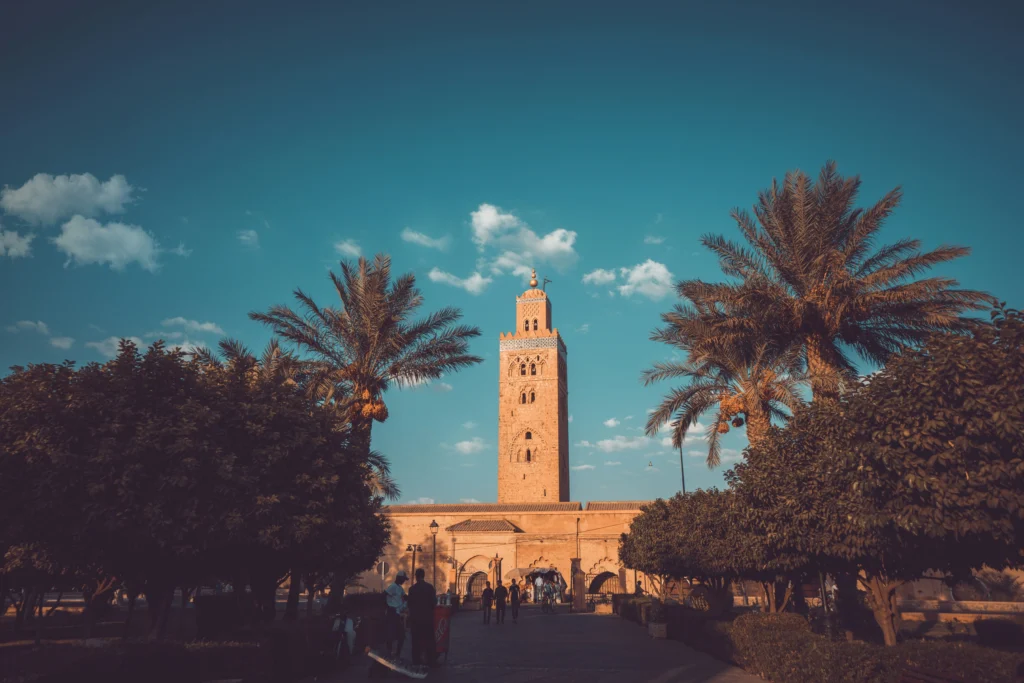
Morocco’s linguistic landscape changes dramatically as you travel from region to region. Understanding these variations can greatly enhance your travel experience and help you connect more deeply with local communities.
Northern Morocco: Spanish and Rif Berber
The northern regions present a unique linguistic blend. In cities like Tetouan and Chefchaouen, Spanish words pepper everyday conversations. The Rif Mountains are home to Tarifit-speaking Berber communities who maintain distinct cultural traditions.
When I explored the stunning mountain villages near Chefchaouen, I encountered communities where Tarifit was the primary language, with Arabic and Spanish serving as secondary languages for trade and communication with outsiders.
Central Morocco: Arabic Dominance
The central regions, including the imperial cities of Fez, Meknes, and Rabat, are predominantly Arabic-speaking areas. Here, Darija reigns supreme, with French serving as the primary foreign language in business and tourism.
This is where you’ll hear the most “classical” version of Moroccan Arabic, influenced by centuries of scholarly and religious traditions. The major Moroccan cities in this region offer excellent opportunities to practice Arabic phrases with patient and friendly locals.
Southern Morocco: Tamazight and Tashelhit
Southern Morocco, including areas around Marrakech, the Atlas Mountains, and the Sahara Desert regions, presents incredible linguistic diversity. Tashelhit Berber is widely spoken, especially in rural areas and traditional communities.
During my Sahara desert tours from Marrakech, I was fascinated by how language shifted as we moved from the Arabic-speaking city into Berber-speaking mountain villages and desert communities. Our Berber guides seamlessly switched between languages depending on who they were addressing.
Language Tips for Morocco Tour Experiences
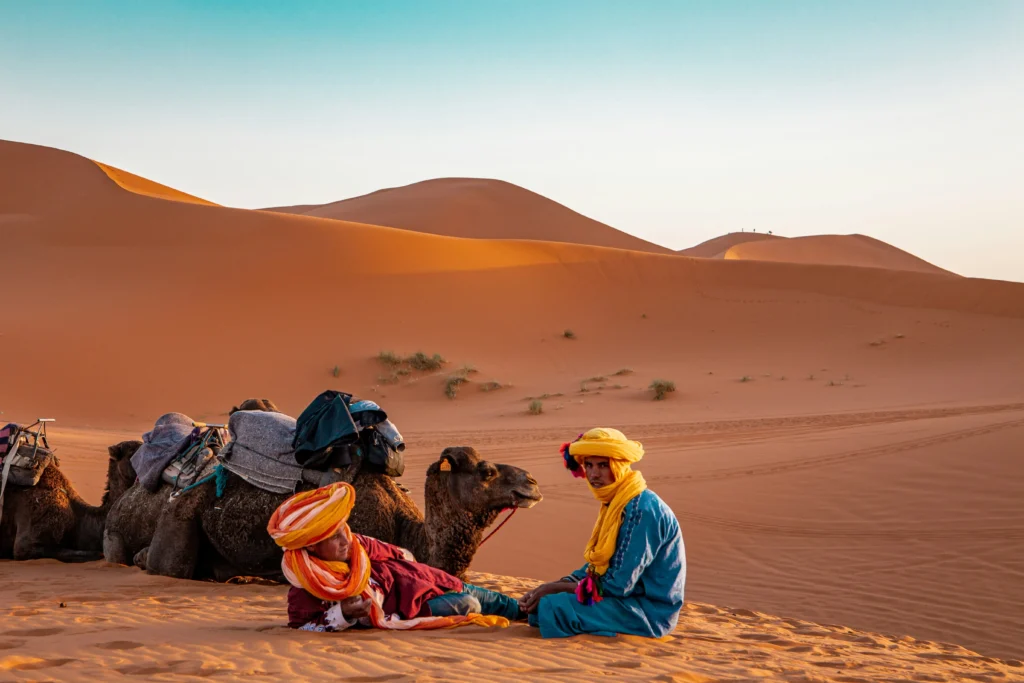
Understanding Morocco’s linguistic landscape becomes especially important when you’re on organized tours or exploring independently. Here’s how to make the most of your language interactions during different travel experiences.
Communicating with Tour Guides
Professional tour guides in Morocco are typically multilingual, speaking Arabic, French, and increasingly English. When booking Morocco tours, don’t hesitate to specify your language preferences.
Most reputable tour companies ensure their guides can communicate effectively in your preferred language. However, learning a few Arabic or Berber phrases shows respect and often leads to more personal, insightful experiences.
Interacting in Souks and Markets
The bustling souks are where Morocco’s linguistic diversity truly shines. Merchants are often remarkable polyglots, switching effortlessly between languages to accommodate different customers.
Here’s what I’ve learned from countless souk adventures:
- Start with Arabic greetings—it always brings smiles
- Don’t be afraid to use French if Arabic feels challenging
- Numbers are crucial for bargaining—learn them in Arabic
- Hand gestures are universal and often more effective than words
Dining and Restaurant Etiquette
Restaurant interactions offer wonderful opportunities to practice your growing Arabic vocabulary. Even in tourist areas, making an effort to order in Arabic or ask about dishes in the local language creates more authentic experiences.
Try asking “Ash kayn min l-akl?” (What food do you have?) instead of immediately requesting an English menu. The pride and joy on restaurant owners’ faces when they can share their culinary traditions in their own language is genuinely heartwarming.
How Morocco Joy Tours Bridges Language Barriers
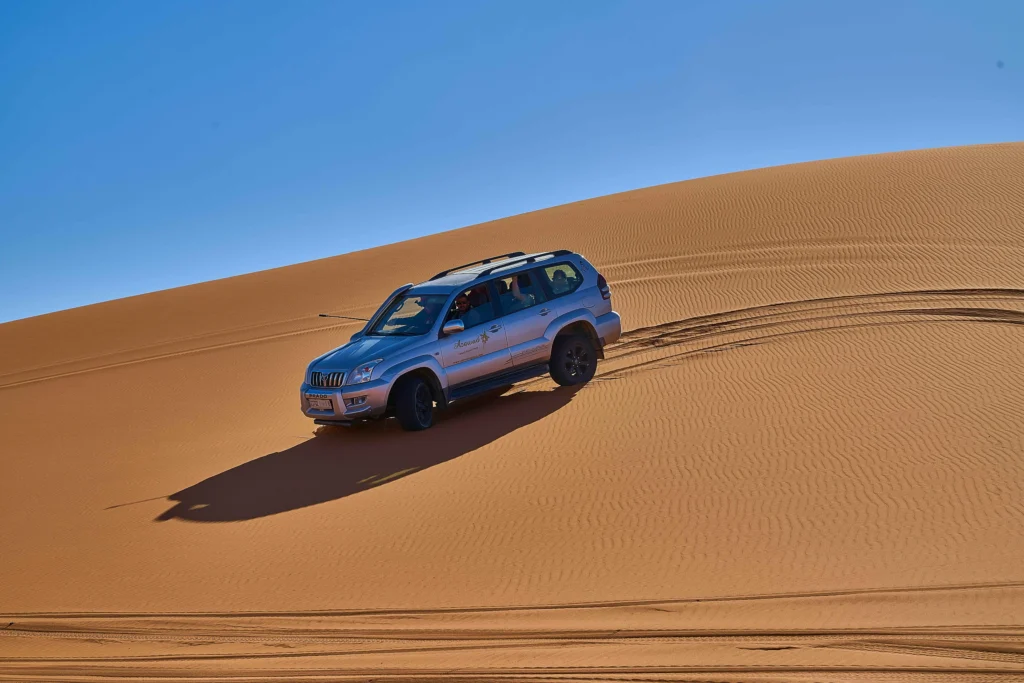
Professional tour operators understand that language shouldn’t be a barrier to experiencing Morocco’s magic. At Morocco Joy Tours, multilingual guides don’t just translate words—they translate culture, helping you understand the deeper meanings behind conversations, traditions, and social interactions.
When you’re exploring remote areas like Merzouga or experiencing unreal Sahara desert tours, having guides who can facilitate meaningful connections with local communities transforms your journey from simple sightseeing to profound cultural exchange.
The best tour experiences happen when language becomes a bridge rather than a wall. Skilled guides help you navigate not just geographic landscapes but linguistic ones, creating opportunities for authentic interactions that would be impossible without cultural and linguistic mediation.
Cultural Significance of Language in Moroccan Society
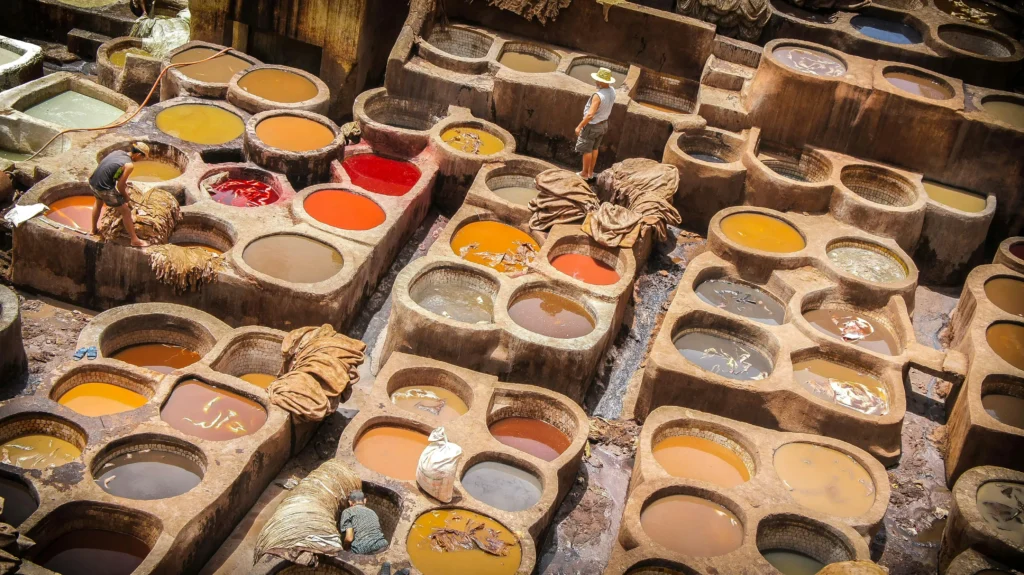
Language in Morocco isn’t just about communication—it’s about identity, respect, and cultural preservation. Understanding this deeper significance will enhance every interaction during your travels.
The choice of language in different situations carries cultural weight. Speaking Arabic shows respect for Islamic traditions, using French demonstrates educational sophistication, and attempting Berber phrases honors indigenous heritage. This linguistic awareness transforms casual interactions into meaningful cultural exchanges.
“In Morocco, we don’t just speak different languages—we carry different parts of our identity in each one. Arabic connects us to our faith and Arab heritage, Berber links us to our ancestors, and French opens doors to the modern world.” — Traditional storyteller in the Atlas Mountains
Family gatherings often feature fascinating linguistic dynamics, with grandparents speaking primarily Berber or Arabic, parents mixing in French from their education, and children adding English from global media. This multilingual tapestry reflects Morocco’s position as a cultural crossroads.
When traveling through different regions, pay attention to how language preferences shift. In traditional villages, starting with Arabic greetings shows respect. In business districts, French might be more appropriate. These subtle linguistic choices demonstrate cultural sensitivity and earn genuine appreciation from locals.
Frequently Asked Questions
Do I need to speak Arabic to visit Morocco?
Absolutely not! While learning basic Arabic phrases enhances your experience, Morocco’s tourism infrastructure accommodates English speakers. Major tourist areas, hotels, and tour guides typically speak English. However, even simple greetings in Arabic create warmer interactions and show cultural respect.
What’s the difference between Arabic and Berber languages?
Arabic arrived in Morocco with Islamic conquests in the 7th century, while Berber languages are indigenous to North Africa, predating Arabic by thousands of years. Arabic belongs to the Semitic language family, while Berber languages form the Amazigh family. Both are official languages, but they have completely different linguistic roots and structures.
Can I get by with just French in Morocco?
French works well in urban areas, business districts, and tourist zones, especially in former French Protectorate regions. However, in rural areas and traditional communities, Arabic or Berber are more useful. French won’t help much in deep Sahara regions or remote mountain villages where local languages dominate.
Are tour guides in Morocco multilingual?
Professional tour guides typically speak multiple languages, with Arabic and French being most common, followed by English, Spanish, and sometimes German or Italian. When booking tours, specify your language needs. Reputable companies like Morocco Joy Tours ensure guide-client language compatibility for optimal experiences.
Embracing Morocco’s Multilingual Adventure
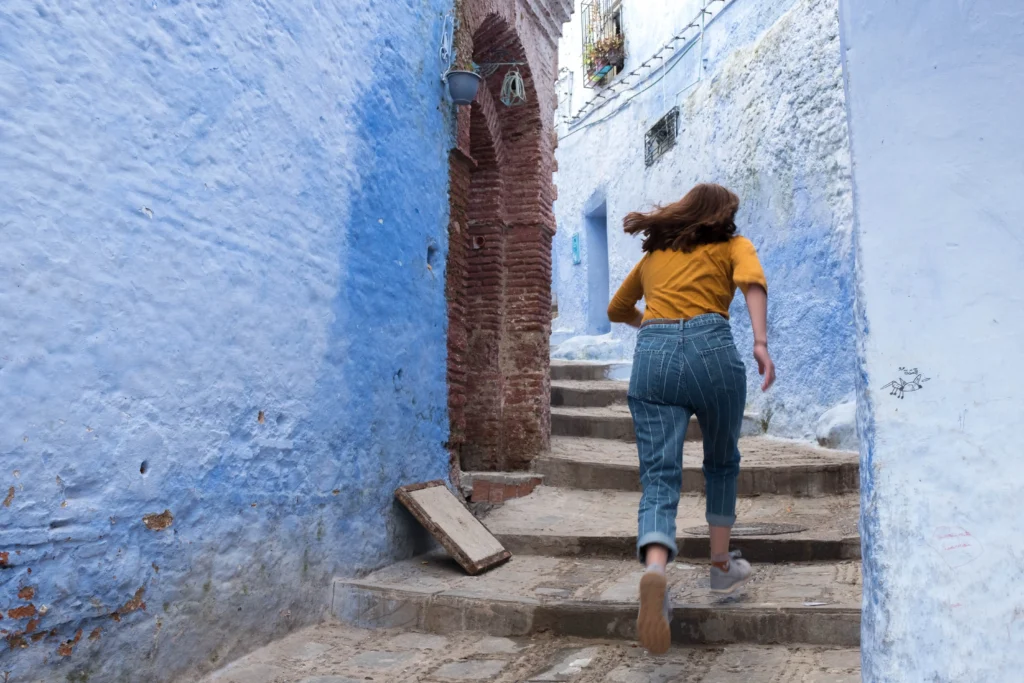
Morocco’s linguistic landscape isn’t just background noise—it’s the soundtrack to one of the world’s greatest travel adventures. From the melodic rhythms of Darija echoing through ancient medinas to the haunting beauty of Berber songs around desert campfires, every language you encounter tells part of Morocco’s incredible story.
You don’t need to become fluent in Arabic or master Berber conjugations to have an amazing Moroccan adventure. What matters is approaching the country’s linguistic diversity with curiosity, respect, and a willingness to step outside your comfort zone. Every “shukran” you manage, every “salam” you offer, every attempt to connect across language barriers opens doors to experiences that go far beyond typical tourism.
As you plan your Moroccan journey, remember that the most meaningful travel moments often happen in the spaces between languages—in shared laughter, understanding gestures, and the universal human connection that transcends words. Morocco’s languages aren’t obstacles to overcome; they’re invitations to dive deeper into one of the world’s most culturally rich destinations.
Ready to experience Morocco’s linguistic tapestry firsthand? Start planning your adventure today, and prepare to discover how the magic of language can transform your journey from a simple vacation into a life-changing cultural immersion.
Related Articles to Enhance Your Morocco Journey:
Dive Deeper into Moroccan Culture:
- Moroccan Fashion Style Guide – Understanding cultural dress codes and shopping for authentic textiles
- The Moroccan Mint Tea Tradition – Learn the cultural significance behind Morocco’s most famous beverage
- Morocco Festivals – Discover when and where to experience Morocco’s vibrant cultural celebrations
